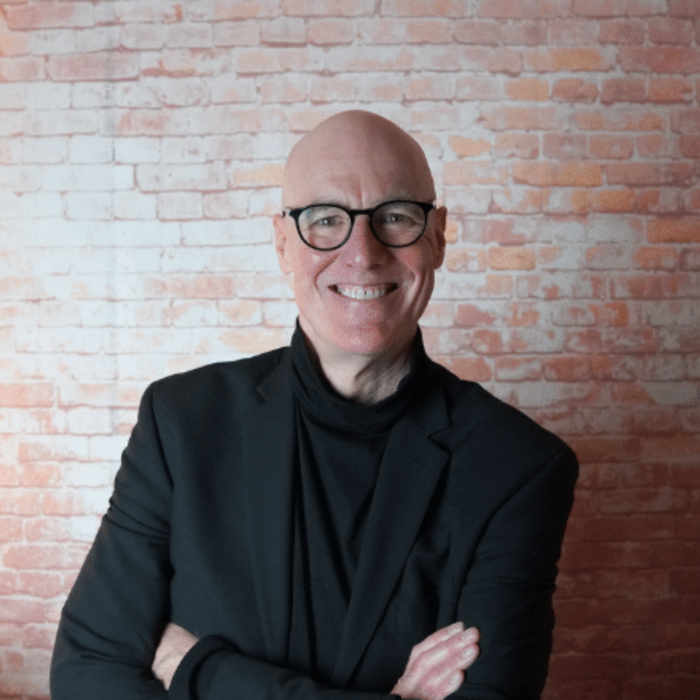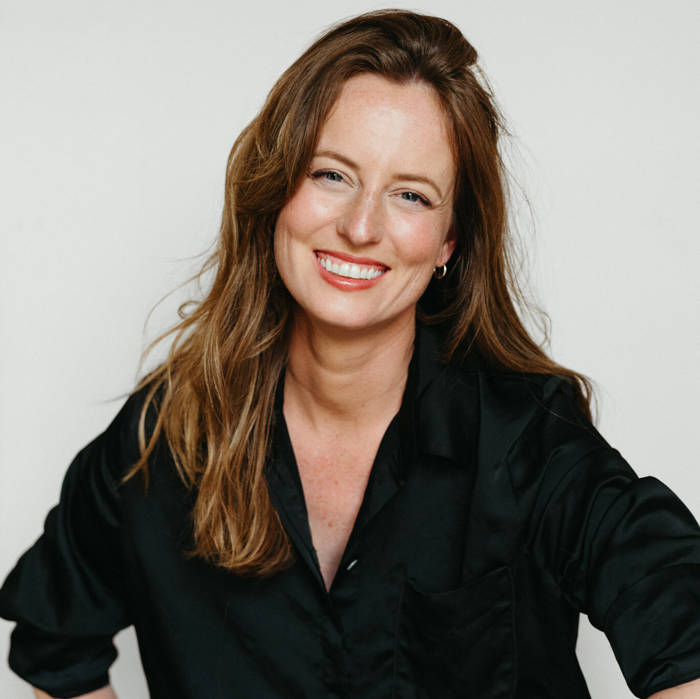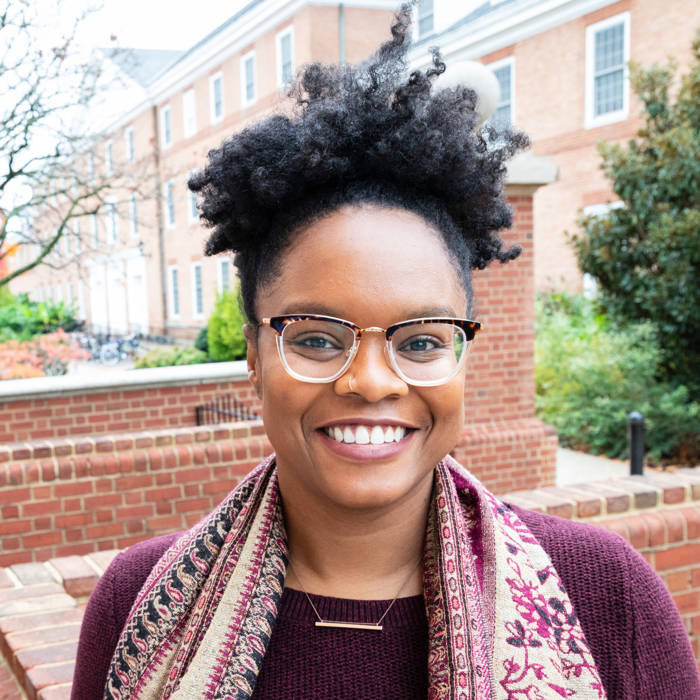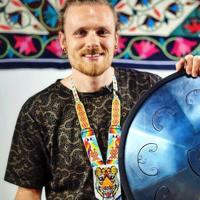Tuvan Overtone Throat Singing
Tuesday 14th May 2024, 5:00 PM - 7:00 PM (London Time)
This two-hour class on Tuvan throat singing will be an opportunity to learn five different styles of overtone singing that first originated in Central Asia. Several styles can be learned quite quickly while others are more complex and require deeper study. This class is great for singers of all levels from absolute beginners to professionals.
Tuvan overtone singing is an entirely unique category in its technique regardless of one’s singing experience. This will be an experiential based class where participants will be guided through different exercises and vocal expressions in generating the five styles of singing listed below. Everyone who attends this class will experience a powerful and deep activation of their voice, natural vibratory resonance, capacity for creativity, healing, and self-expression.
- Kargyraa – Deep, bassy, guttural vibrational singing that Tibetan monks are famous for using in prayer and mantra recitation
- Khoomei – Mid-tone range singing with rich overtones and deep tonality
- Sygyt – High pitched and piercing singing that represents the merging of Heaven and Earth – sounds like a shrieking whistle or an alien visitor
- Khorekteer (Xorexteer) – A high-pitched, wailing singing style famous in Tuva that is often used to pronounce lyrics, mantra, or prayers
- Western Overtone Singing – The western version of a simplified Tuvan Sygyt that almost anyone can learn – can sound hauntingly beautiful when refined to a high expression
Jerry Walsh
Jerry Walsh has been walking the path of dharma and meditation for 16 years and has been a student of the shamanic traditions for 12 years, undergoing intensive initiations under the guidance of his teacher, Maestro Manuel Rufino. Jerry is a gifted vocalist and multi-instrumentalist. He is a member of the sound meditation ensemble, Dream Seed, and...

Attend this course for as little as £22 as part of the Voice Professional Training CPD Award Scheme.
Learn MoreSorry, this is an archived short course...
We have plenty of upcoming short courses coming soon. See details of some of them below or look at the full list of short courses.

Tuesday 22nd July 2025
5:00 PM - 7:00 PM
Tuesday 29th July 2025
5:00 PM - 7:00 PM
Tuesday 5th August 2025
5:00 PM - 7:00 PM
Tuesday 12th August 2025
5:00 PM - 7:00 PM
Tuesday 19th August 2025
5:00 PM - 7:00 PM
Tuesday 26th August 2025
5:00 PM - 7:00 PM
(London Time)
Certificated Public Speaking Coach qualification - with John Henny

John Henny
Would you like to be a certified public speaking coach? Join the renowned John Henny for this exciting new online course! This six-week online certification course is designed to equip voice teachers with the specialised skills needed to work with public speakers, corporate trainers, educators, and presenters. Unlike a general public speaking course, this program is specifically tailored to train-the-trainer, giving voice professionals structured methodologies, coaching techniques, and applied skills to enhance vocal delivery, confidence, and influence in professional speakers.

Thursday 24th July 2025
5:00 PM - 6:00 PM
(London Time)
Transitioning From Soprano To Mezzo-Soprano - Pedagogical Approaches!

Dr Caitlin Moore
This workshop will explore the considerations for transitioning from soprano to mezzo-soprano. We will examine the history and vocal science related to voice classification as well as interviews with singers and voice teachers. Interviews feature singers who have experienced this Fach change themselves, as well as voice teachers who have helped singers navigate this shift.


Tuesday 29th July 2025
5:00 PM - 7:00 PM
(London Time)
Towards a Jazz Pedagogy: Lessons from Legends and Educators!

Dr Autumn Griffin
Join Dr Autumn Griffin as she explores the foundational tenets of jazz pedagogy as both a conceptual and practical framework for teaching, in this two-hour workshop. Drawing from her research in “Towards a Jazz Pedagogy: Learning with and from Jazz Greats and Great Educators,” she’ll investigate how jazz (its historical and cultural legacy, structure, improvisation, and relationality) can be mobilized to inform dynamic, liberatory educational practice!
